Summaries of books about Political Theory:

Words Like Loaded Pistols
Rhetoric from Aristotle to Obama
Sam Leith
The book explores the history and art of rhetoric, tracing its development from the classical teachings of Aristotle to its use in modern politics, exemplified by figures such as Barack Obama. It examines the power of persuasive language and its impact on public discourse, providing insights into the techniques that make speech influential.
See full summary
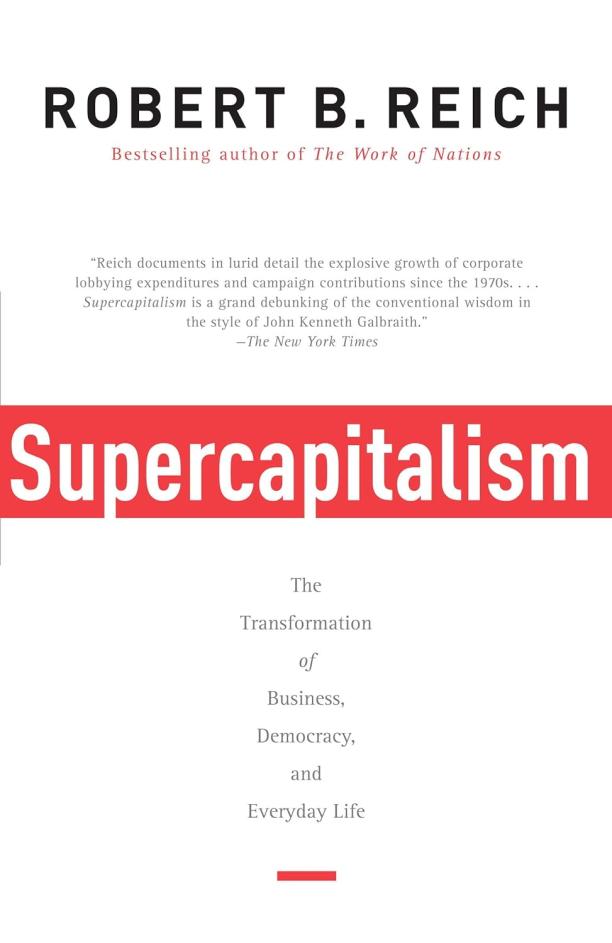
Supercapitalism
The Transformation of Business, Democracy and Everyday Life
Robert B. Reich
The book examines the evolution of capitalism into a more powerful global economic system that has outpaced the capacity of democratic institutions to regulate it, leading to increased economic efficiency but also greater inequality and weakened civic engagement. It explores the tensions between the roles of citizens and consumers, and how the pursuit of profit has overshadowed public interest and democratic values in society.
See full summary
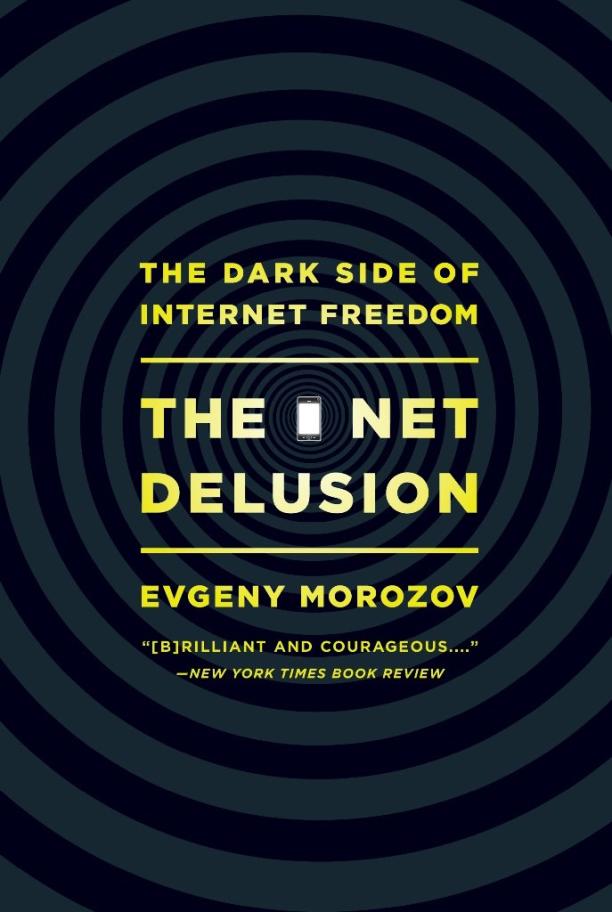
The Net Delusion
The Dark Side of Internet Freedom
Evgeny Morozov
The book critically examines the assumption that the Internet inherently promotes freedom and democracy, arguing that it can also be used by authoritarian regimes to suppress dissent and control information. It explores the ways in which the web can be manipulated for propaganda, surveillance, and the stifling of political change.
See full summary
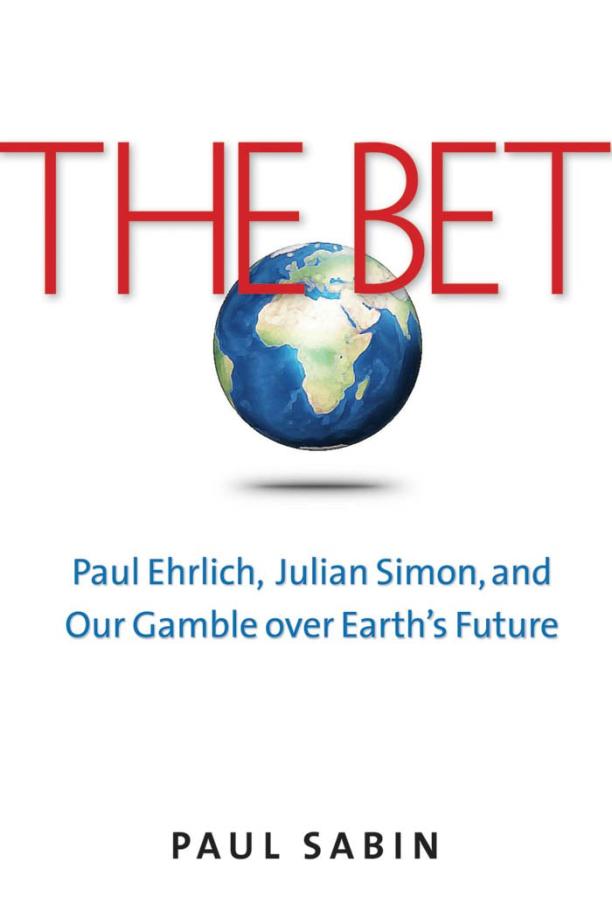
The Bet
Paul Sabin
The book chronicles the famous wager between biologist Paul Ehrlich, who predicted resource scarcity and widespread famine due to overpopulation, and economist Julian Simon, who believed human ingenuity would overcome such challenges. It delves into the intellectual clash over environmental limits and the future of humanity, exploring the implications of the bet and its outcome on public debate and policy.
See full summary
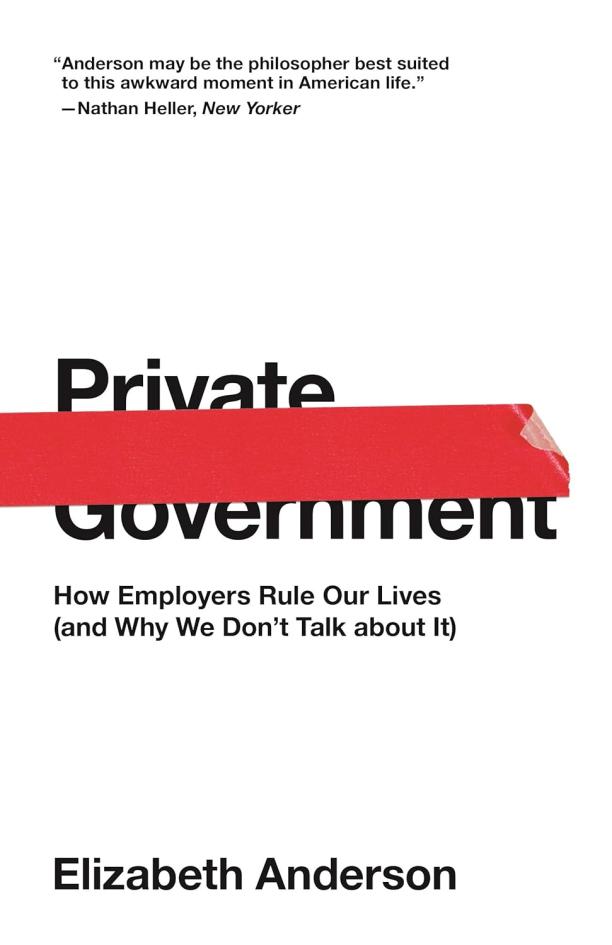
Private Government
How Employers Rule Our Lives
Elizabeth Anderson
The book argues that many workplaces are authoritarian private governments where employers wield extensive control over workers' lives, often with little accountability or input from employees. It challenges the notion of a free market by highlighting the lack of freedom within the workplace and calls for a reevaluation of workers' rights and the power dynamics in modern employment relationships.
See full summary
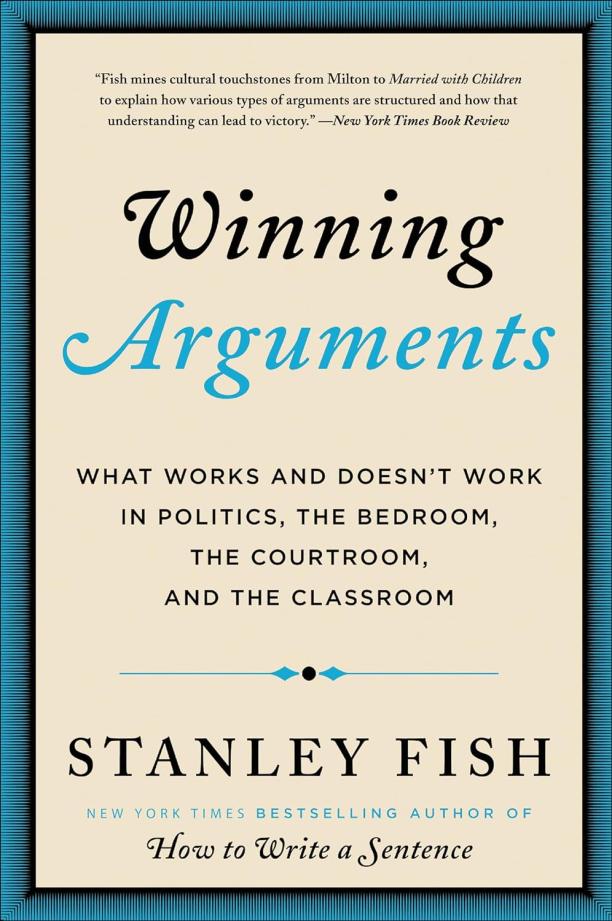
Winning Arguments
What Works and Doesn't Work in Politics, the Bedroom, the Courtroom, and the Classroom
Stanley Fish
The book explores the art of persuasion across various domains, analyzing why certain arguments succeed while others fail. It delves into the strategies and rhetorical techniques that can influence outcomes in political debates, legal settings, personal relationships, and educational environments.
See full summary
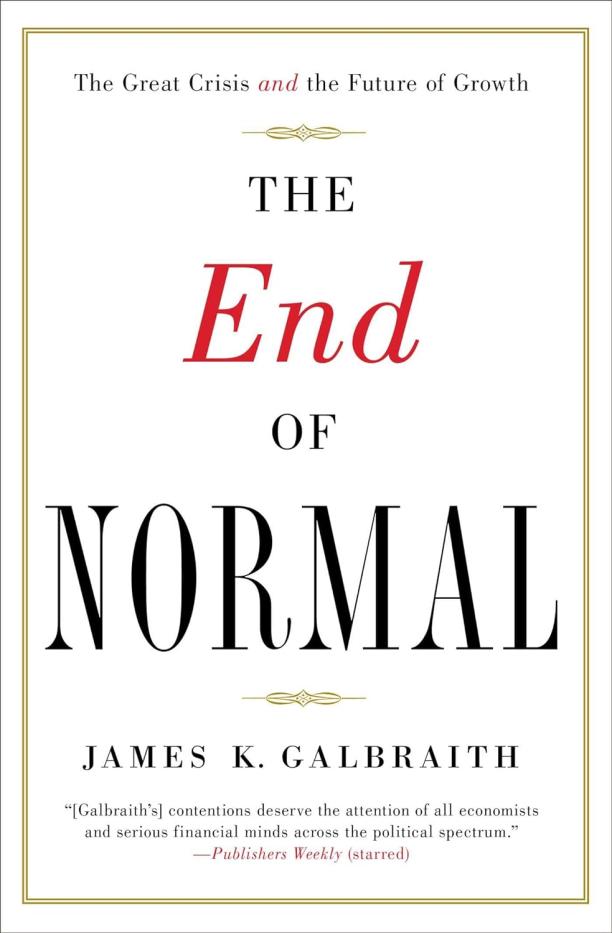
The End of Normal
The Great Crisis and the Future of Growth
James K. Galbraith
The book challenges the conventional wisdom that economic growth is a perpetual norm, arguing that the 2008 financial crisis was a symptom of deeper structural problems. It critiques the failures of standard economic models and policies, suggesting that a sustainable future will require radically different approaches to managing economies and resources.
See full summary
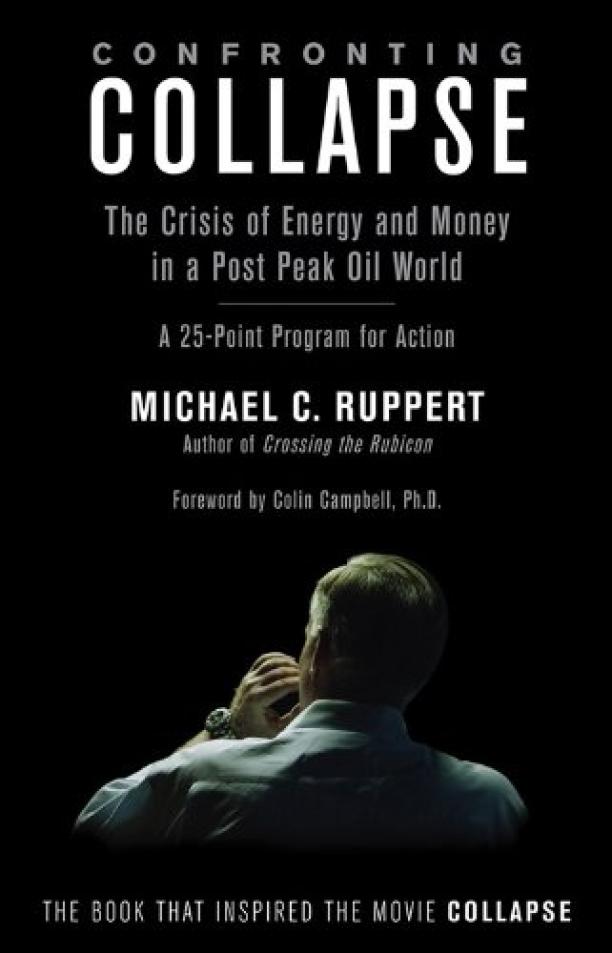
Confronting Collapse
The Crisis of Energy and Money in a Post Peak Oil World
Michael C. Ruppert
The book examines the interlinked challenges of dwindling energy resources, particularly the decline of cheap oil, and the unsustainable nature of the global financial system. It presents a stark analysis of how peak oil could lead to economic collapse and offers strategies for individuals and communities to prepare for and adapt to the impending changes.
See full summary
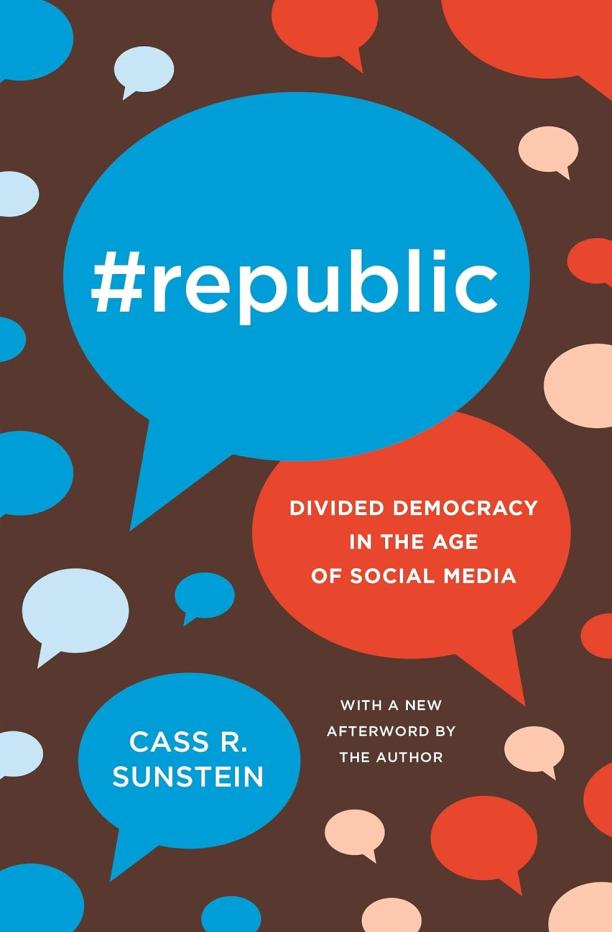
#Republic
Divided Democracy in the Age of Social Media
Cass R. Sunstein
The book examines how social media platforms create echo chambers that fragment the public discourse and undermine democratic values by reinforcing existing biases. It argues for reforms to encourage exposure to diverse viewpoints and foster a more inclusive, deliberative democracy.
See full summary
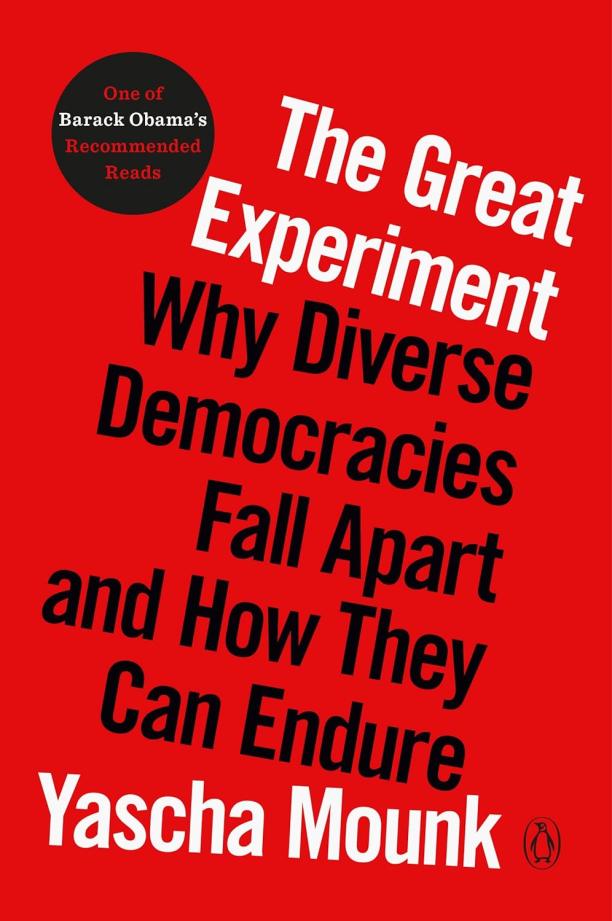
The Great Experiment
Why Diverse Democracies Fall Apart and How They Can Endure
Yascha Mounk
The book examines the challenges faced by increasingly diverse societies in maintaining stable democracies, analyzing historical and contemporary examples. It proposes strategies for fostering social cohesion and political cooperation in diverse democratic nations to ensure their survival and prosperity.
See full summary